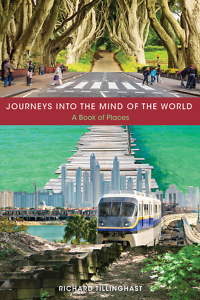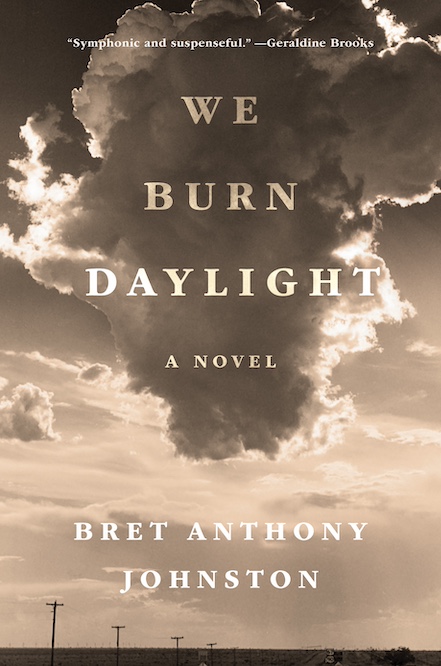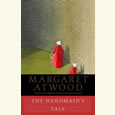A Satisfying Journey
Richard Tillinghast seeks communion with diverse places in Journeys into the Mind of the World
Poet Richard Tillinghast has always been known as both a son of the South and a citizen of the world. Raised in Memphis and educated at Sewanee, he took to travel early in life and has lived and wandered all over the globe. His deep understanding of the importance of place informs his poetry, and his previous nonfiction books include Finding Ireland (2008) and An Armchair Traveller’s History of Istanbul (2012). In a new collection of essays, Journeys into the Mind of the World: A Book of Places, he revisits, at least in spirit, some of the locales that have spoken most profoundly to him, including Ireland, Tennessee, and Hawaii, recalling his experience of them and exploring the history and culture that make each one unique.
 A full understanding of the importance of place arises from having an essential place of one’s own, a true home that shapes the child’s imagination and endures in the mind and heart for a lifetime. For Tillinghast, that place is Memphis. “The orientation that lives in me,” he writes, “and will never leave until something deeper than my mind deserts me, is centered in that front yard in Memphis, where I stand between a magnolia and a water oak.” In “River Town,” he returns to the city after many years away, surprised to find himself “rediscovering many things that were once so familiar I didn’t even think about them,” including the summer heat and the unique Memphis accent. The hordes of international tourists startle him, too. “What are tourists doing in my old hometown, the place I couldn’t wait to get out of when I was twenty?”
A full understanding of the importance of place arises from having an essential place of one’s own, a true home that shapes the child’s imagination and endures in the mind and heart for a lifetime. For Tillinghast, that place is Memphis. “The orientation that lives in me,” he writes, “and will never leave until something deeper than my mind deserts me, is centered in that front yard in Memphis, where I stand between a magnolia and a water oak.” In “River Town,” he returns to the city after many years away, surprised to find himself “rediscovering many things that were once so familiar I didn’t even think about them,” including the summer heat and the unique Memphis accent. The hordes of international tourists startle him, too. “What are tourists doing in my old hometown, the place I couldn’t wait to get out of when I was twenty?”
The question leads him to a consideration of the city’s lively and often ugly history, from the time when it was described by one traveler as a “squalid village” to its days as an antebellum boomtown where twin trades in cotton and human beings thrived. He revisits the era of his boyhood as well, when segregation and Mister Crump—“I never heard any Memphian refer to him as “Boss Crump’”—held sway.
Present-day Memphis he finds to be simultaneously old and new, a place where the traditional meat-and-three is still available but lacks the flavor of fatback because the cooks are Muslim immigrants. He feels the change but doesn’t mourn it. On the contrary, time and distance allow him to see the “benighted” town of his youth in a new light, as a “storied place with a narrative that belongs more in the pages of a novel than a history book.”
 Tllinghast follows roughly this same model, minus the childhood nostalgia, in many of the essays here, using personal recollection as a means of introducing explorations of the history and culture of disparate communities. A road trip across the American West gives him the opportunity to consider the origins of peculiar place names. A recollection of a holiday in Venice during the years he lived in rural Ireland provides the context for a fascinating dialogue of sorts between Irish and Venetian history. There’s also plenty of more traditional travel writing in the book, particularly in his account of his 1970s spiritual pilgrimage to Afghanistan, Pakistan, and India. He wanders into the territory of criticism with appreciations of Max Beerbohm and John Betjemann, both inseparable from their English milieu.
Tllinghast follows roughly this same model, minus the childhood nostalgia, in many of the essays here, using personal recollection as a means of introducing explorations of the history and culture of disparate communities. A road trip across the American West gives him the opportunity to consider the origins of peculiar place names. A recollection of a holiday in Venice during the years he lived in rural Ireland provides the context for a fascinating dialogue of sorts between Irish and Venetian history. There’s also plenty of more traditional travel writing in the book, particularly in his account of his 1970s spiritual pilgrimage to Afghanistan, Pakistan, and India. He wanders into the territory of criticism with appreciations of Max Beerbohm and John Betjemann, both inseparable from their English milieu.
There are more than thirty essays in Journeys into the Mind of the World, and as a collection it roams and rambles without apology. Tillinghast has no grand thesis here except that the world is mighty interesting and becomes even more so as you come to know it better. It’s pure pleasure to have a writer of his gifts as a guide. His prose is light and deft, and Tillinghast has the poet’s eye for images rich in meaning. In “Water Music,” the sound of rain carries him from rural Ireland to Egypt, Paris, Istanbul, New Orleans, and finally back again to Ireland, with contemplations of climate change and the origins of jazz along the way. Like the book as a whole, it’s a deeply satisfying literary journey.

Maria Browning is a fifth-generation Tennessean who grew up in Erin and Nashville. A graduate of Mount Holyoke College, she has attended the Clothesline School of Writing in Chicago, the Moss Workshop with Richard Bausch at the University of Memphis, and the Sewanee Writers’ Conference. She lives in White Bluff.


